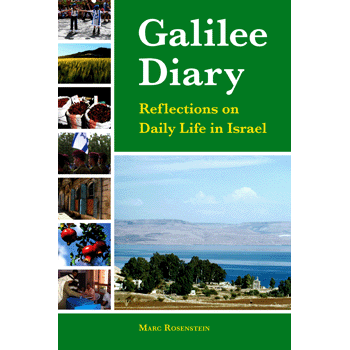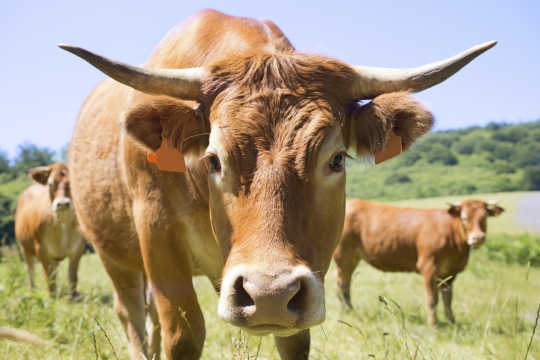
If, after you have entered the land that the Lord your God has assigned to you, and taken possession of it and settled in it, you decide, "I will set a king over me, as do all the nations about me," you shall be free to set a king over yourself…
-Deuteronomy 17:14-15
In honor of Yom HaAtzmaut, which we observed last week, here is my suggestion for how to envision a state that is both fully Jewish and fully democratic:
If a "nation" is an ethno-cultural group, with a culture that it values and wishes to preserve and transmit (language, calendar, literature, customs, etc.), then the Jews are a nation, no less than the French or the Japanese. However, if a religion is a set of beliefs about what is of ultimate importance - and behaviors dictated by those beliefs - then the Jews are a religion, no less than the Muslims or the Presbyterians. This anomalous dual-track identity has important implications for defining a Jewish state:
1. As a nation, the Jews are entitled to national self-determination like any other nation: a place where they can develop, preserve, and transmit their culture freely. However, in doing so they are subject to the same restrictions as any other nation: they must not infringe on the ability of individuals, or other nations, to exercise that same right.
2. While it is possible to achieve national self-determination without statehood (and there are examples), after the experience of the 20th century it is not reasonable to expect the Jews to settle for national self-determination without political sovereignty.
3. Thus, in a Jewish state Jewish culture will be dominant (Hebrew the main language etc.), but minority cultures must be respected and protected. Jewish cultural dominance may also be expressed in a special relationship with Jews living outside the state (including immigration privileges), as is common in other modern nation-states.
4. The Jewish state may draw inspiration from biblical prophecies and traditional expressions of the messianic hope. However, we are not granted the ability to know our place in the drama of history; hence we may not act as though the state is messianic, that it is exceptional, that it can formulate its policies and its borders on the basis of prophecy . While it makes sense for the Jewish state, because of long historical association, to be located in the Land of Israel ("historic Palestine"), its actual borders must be negotiated in the real world with others who define themselves as a nation with claims to the same real estate.
5. Since the Jews are not only a nation but also a religion, the Jewish religion should play a significant role in the state. The US model of separation is not the only democratic model, as we see in the UK and other European democracies with established religions or systems of "recognized communities." As long as the individual is guaranteed freedom of religion and freedom from religion, the symbols and institutions of the Jewish religion may play a role in public life.
6. Halachah is a hierarchical system of authority claiming divine sanction. Democracy places the source of authority with the people. Hence, while there may be communities in a democratic state that choose to live by [their interpretation of] halachah, the state must live by democracy. The expression of the Jewish religion, or "Jewish values," in the state's policies must be determined by the will of the people: the voices of the tradition may and must be heard (loud and clear) in the public discourse, but once they are heard, decisions must be made by democratic mechanisms.
7. Democracy depends on an educated citizenry. In order for the voices of the Jewish tradition to play their proper role in democratic discourse, critical, thoughtful knowledge of the tradition must be a central goal of formal and informal education.
8. It is important to remember that in a democracy, it may be that the "majority rules," but that doesn't mean the majority can do whatever it wants; the rights of minorities (political, religious, ethnic, racial, gender) must be carefully, constitutionally, protected.
"If you will it…"




